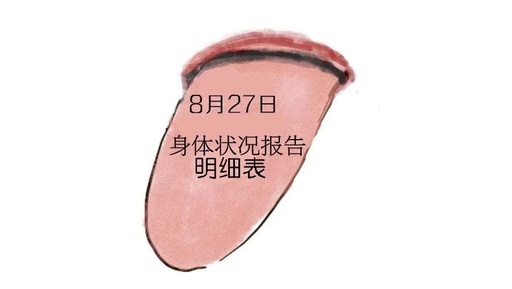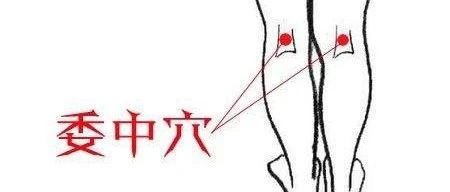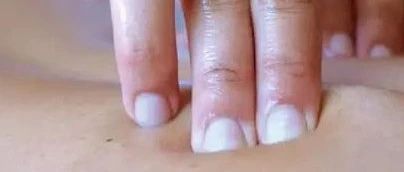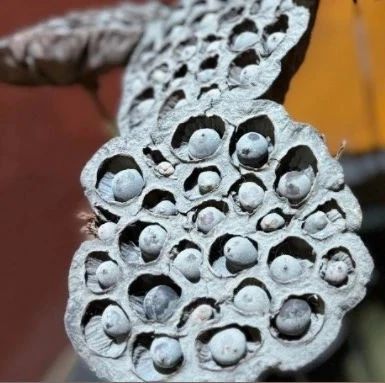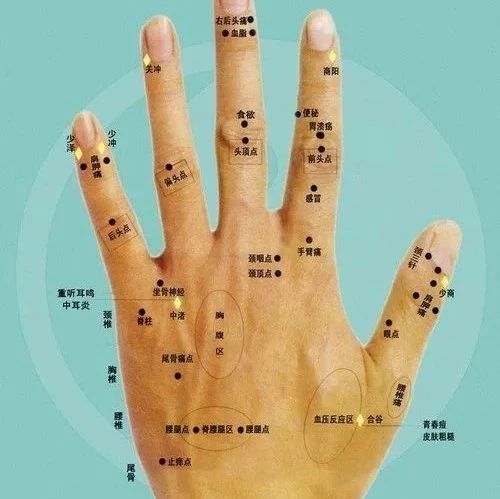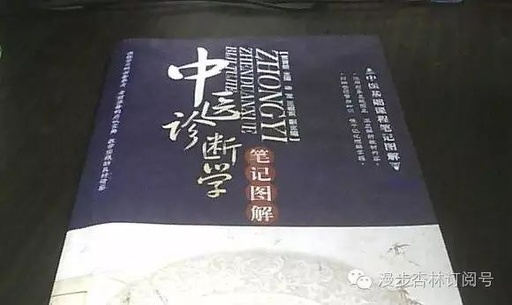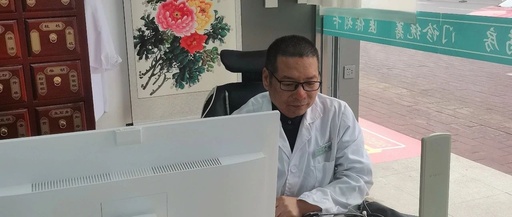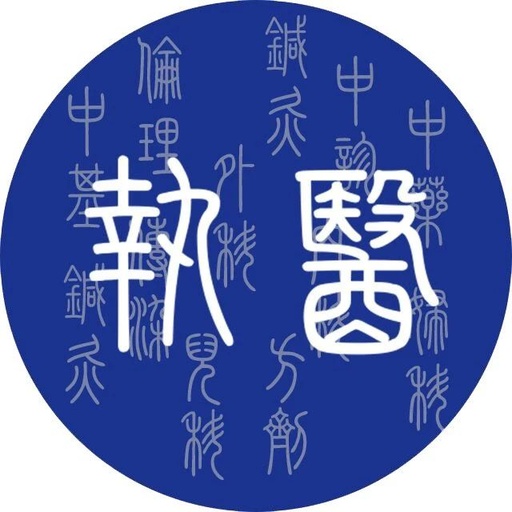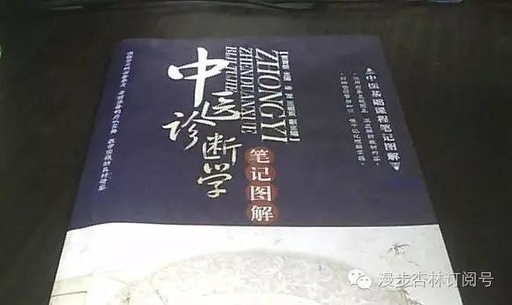What is Tongue Coating?
A child had a fever due to food stagnation, and after the mother took appropriate measures, she recorded the changes in tongue coating from fever to recovery. sdfd sdfd sdfd sdfd sdfd Before discussing tongue coating, let’s review what food stagnation is.Food stagnation occurs when the food consumed exceeds the body’s digestive capacity, leading to … Read more

